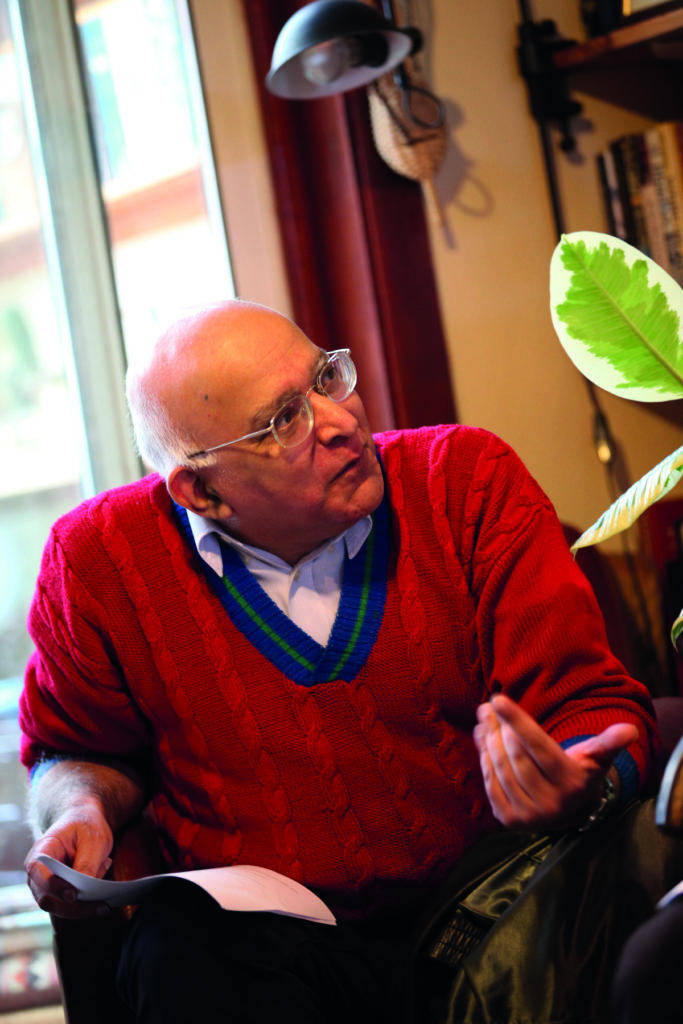
At the age of sixteen, I came across a story about an Urdu romance writer who had lost her husband in the Second World War. Her name was Adiba. Disenchanted by her life in Delhi after Partition, she migrated to the leafy streets and illuminated bazaars of Lahore. In her new country, she was spurned by the literary intelligentsia for her outmoded tales of wonder. Undeterred, she continued to write and her words won the hearts of readers.
The story, titled ‘Adiba: A Storyteller’s Tale’, sparked a creative flame. In those days, my attempts at writing fiction were viewed with suspicion and I had become insecure about ever being able to pursue writing as a career. Adiba’s unflagging commitment to her craft erased my doubts and I discovered that no measure of harsh judgement could stifle the creative process.
Over time, I forgot the name of the writer whose story had brought me to this realisation. It came back to me at the age of twenty-eight when I found the story in Aamer Hussein’s Cactus Town (2002). By then, I was the author of two novels and Aamer, my newest friend.
Our conversation began on 8 April 2019 – Aamer’s sixty-fourth birthday. Two months before we became friends, I’d quit my job at a newspaper in Karachi and was writing my third novel. My second novel had been published in 2018 and I desperately wanted to take up a new creative project.
The rest of this article is only available to subscribers.
Access our entire archive of 350+ articles from the world's leading writers on Islam.
Only £3.30/month, cancel anytime.
Already subscribed? Log in here.
Not convinced? Read this: why should I subscribe to Critical Muslim?